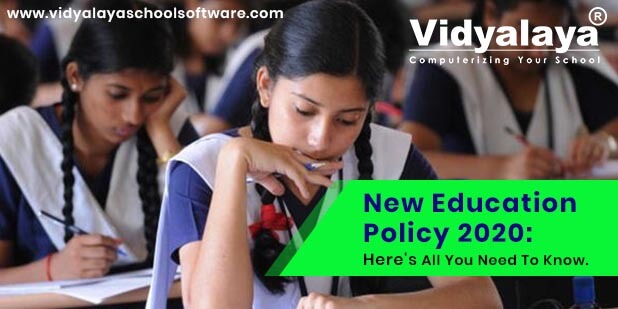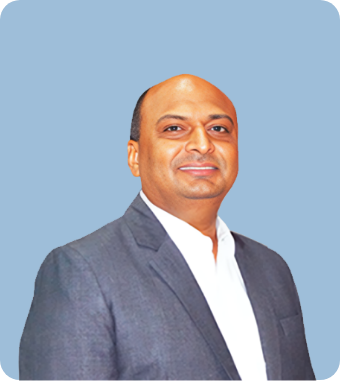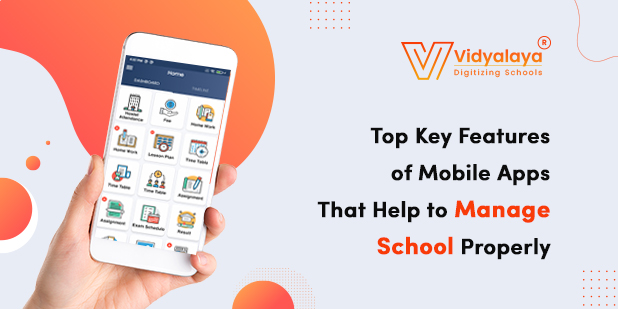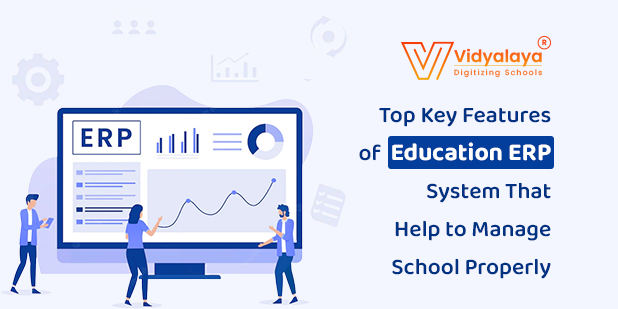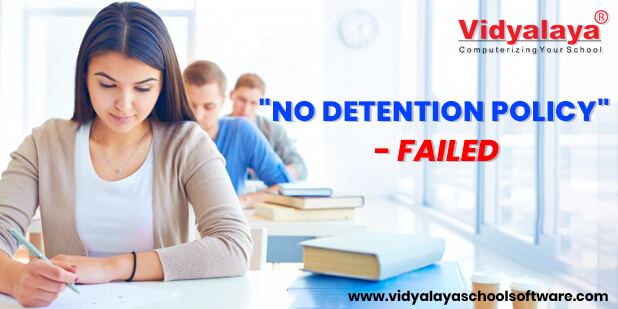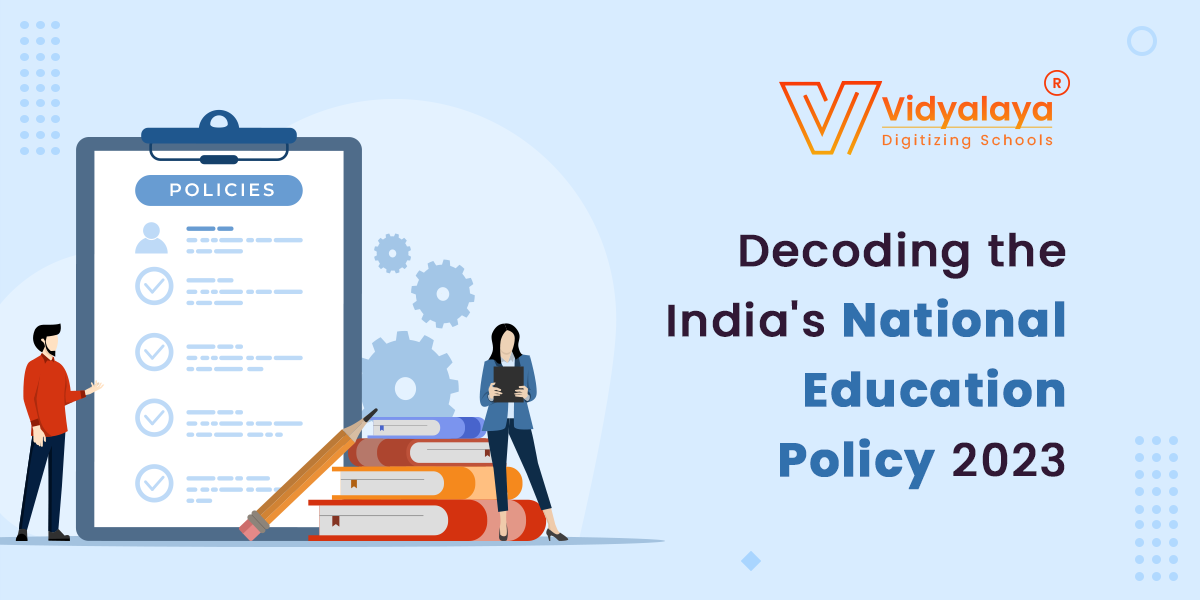The New Education Policy has come out on 29th July, 2020. Government of India announced the HRD minister who will soon be called education minister because that’s 1 of the headline features of the new education policy, that the change that Rajiv Gandhi had brought about in 1986 with his education policy that was India’s last national education policy which had been renamed education ministry as HRD ministry is now going to be restored back to education ministry. So, our education minister Mr Pokhriyal did release a video comprehensive document which is the new education policy. In the afternoon the Union cabinet approved the policy that aims at changing the country’s education system. Union Ministers for Information and Broadcasting Prakash Javadekar and Human Resource Development Ramesh Pokhriyal Nishank, made the announcement on the NEP- 2020. Prime Minister Narendra Modi had revised the NEP-2020 earlier on May 1, for which draft was prepared by a panel of experts headed by former ISRO chief Kasturirangan. The NEP 2020 aims to make “India a regional powerhouse of awareness”
The new academic session will begin in September-October-the delay due to the unprecedented outbreak of coronavirus disease-and the government plans to implement the policy before the new session begins.
There are complaints that people have with the education system. Now specific complaints will vary with the vintage of the person you ask or the generation of the people you ask but some complaints will remain common across generations. They will transcend vintages.
One for example that your education doesn’t get you jobs. Second that too much of what we study in school and in college is irrelevant to our lives. These are common complaints through the educational system which this new education policy has tried to address.
I can count other common complaints also for example our system is to exam centric it is the Russian roulette. Now, unfortunately, our exam system has become like that which means you’ll go there, chances are that you will survive which means you will pass, may even get decent marks. But if you don’t then you are out you have a bullet in the head your history or maybe a footnote to history but even if you’re among the five lucky ones you now have a situation that everybody gets more than ninety-five percent. In that case, where do you go with that marks eighty-five percent eighty-eight percent if you get ninety-two percent of parents will go into mourning. These are some things which can destroy life very early and later on as things turn out you may realize that these things were not
much relevant.
Now, let’s see the headlines of the new Education Policy. In total there are 27 headlines that are introduced. 10 are for schools, 10 for the higher education and the rest 7 are common for both.
Major reforms:
1) Universalization of Early Childhood Care Education (ECCE) :
The new strategy aims at universalizing education from preschool to high school with 100% of GER in education by 2030.
2) National mission on Foundational literacy and numeracy :
Foundational Literacy and Numeracy is an urgent and necessary prerequisite to learning. Therefore, NEP 2020 calls for setting up of a National Mission on it by MHRD. States will devise an action plan to achieve universal basic literacy and numeracy in all public schools by grade 3 by 2025 for all learners. Also, a National Book Promotion Policy is to be formulated.
3) 5+3+3+4 curricular and pedagogical structure :
With an emphasis on ECCE, the 10+2 structure of school curricular is to be replaced by a 5+3+3+4 curricular structure corresponding to ages 3-8, 8-11, 11-14, and 14-18 years respectively. This will put the 3 to 6 year old uncovered age group under the school curriculum, which has been internationally recognized as the critical stage for the growth of a child’s mental faculties.
4) Curriculum to integrate 21st century skills, mathematical thinking temper :
The school’s curriculum and pedagogy will aim at the comprehensive development of learners by equipping them with the main skills of the 21st century, curriculum content reduction to enhance basic learning and critical thinking and a greater focus on experiential learning.
5) No rigid separation between Arts and Science, between curricular and extra-curricular activities, between vocational and academic streams :
No strict separations between the arts and sciences, between curricular and extra-curricular activities, between vocational and academic streams, would exist. From the 6th grade, vocational education will begin in schools and include internships. The NCERT must establish a new and comprehensive National Curricular System on School Education, NCFSE 2020-21.
6) Education of gifted children :
Gifted children should be able to benefit from sufficient educational conditions that would allow them to grow their abilities fully, for their own good and for the good of the whole of society. Indeed no country can afford to waste talent and it would be a waste of human capital not to recognize any intellectual or other potentialities in good time. Adequate tools are needed for this purpose.
7) Gender inclusion fund :
The National Education Policy 2020 calls for a ‘Gender Inclusion Fund’ to develop the nation’s capacity to provide all girls and transgender students with equal quality education.
8) KGBVs up to grade 12 :
9) Reduction in the curriculum to core concepts :
Students will be granted greater autonomy and topic choice. No strict separations between the arts and sciences, between curricular and extracurricular activities, between vocational and academic streams, would exist.
10) Vocational integration from class 6 onwards :
The curriculum also incorporates Class 6 vocational education with internships with carpenters, laundry persons, or craftspeople for students learning vocational skills.
11) New national curriculum framework for ECE, School, Teacher, and Education :
12) Board Examination will be low stakes, Based on Knowledge :
Board exams will be low-stakes and will assess real information rather than rotary learning and report cards.
13) Medium of instruction till at least Grade 5, and preferably till grade 8 and beyond in Mother Tongue :
NEP suggests setting up an Indian Institute of Translation and Interpretation (IITI), a National Institute (or Institutes) for Pali, Persian, and Prakrit, improving Sanskrit and all language departments in HEIs, and using mother tongue / local language as a means of instruction in more HEI programs, to ensure the survival, development, and vitality of all Indian languages.
14) 360 Degree Holistic progress cards of child :
The policy contemplates broad-based, multidisciplinary, comprehensive undergraduate education with versatile curricula, innovative subject combinations, technical education incorporation, and multiple entries and exit points with sufficient qualification. In this time, UG education may be of 3or 4 years with several exit options and sufficient certification. For example, a Certificate after 1-year, Advanced Diploma after 2 years, Bachelor’s Degree after 3 years and Bachelor’s with Research after 4 years.
15) Tracking student progress for achieving learning outcomes :
360º Holistic Progress Card evaluation changes that monitor student success to achieve learning outcomes.
16) National Assessment center – PARAKH :
3NEP 2020 envisages a change from summative evaluation to routine and formative evaluation, which is more competency-based, encourages learning and development, and evaluates higher-order skills such as interpretation, critical thinking, and conceptual clarity; Both students must take school exams in grades 3, 5, and 8 that will be administered by the appropriate authority. The Board exams for Grades 10 and 12 will continue but will be revamped as the target of holistic growth.
As a standard-setting body, a new National Assessment Centre, PARAKH (Performance, Assessment, Evaluation, and Knowledge Analysis for Holistic Development), will be created.
17) NTA to offer common entrance exams for admission to HEIs :
Additional fees will now be paid to the National Testing Agency (NTA) for conducting entrance exams for university admissions across the country.
18) National Professional Standard for Teachers (NPST) :
They will hire teachers through efficient, open processes. Promotions should be based on merit, with a framework for regular multisource performance evaluations and advancement pathways available for becoming school administrators or teacher educators. By 2022 the National Council for Teacher Education should establish Specific National Professional Standards for Teachers (NPST), in collaboration with NCERT, SCERTs, teachers, and specialist organizations from across levels and regions.
19) Book promotion policy in digital libraries :
The book sector should be encouraged to explore the potential of easier-toread and cheap e-readers to meet the needs of different reader classes. Initiatives should also be taken to explore the ability of digital libraries to encourage books and the habit of book reading among rural people.
20) Transparent online self-disclosure for public oversight and accountability :
21) Use of technology in :
- Education planning
- Teaching, Learning, and Assessment
- Administration and Management
- Regulation- Self-disclosure and minimum human Interface
22) Increasing access for disadvantaged groups :
There will be attempts to incentivize the interest of SC, ST, OBC, and other SEDG graduates. The National Scholarship Portal will be extended to help, cultivate, and monitor the success of scholarship receiving students. Private HEIs should be allowed to give their students greater quantities of free ships and scholarships.
23) Divyang Friendly Education Software :
24) E-content in regional languages :
25) Virtual Labs :
26) National educational technology forum (NEFT) :
An autonomous body, the National Educational Technology Forum (NETF), will be established to provide a platform for the free exchange of ideas on the use of technology to improve learning, assessment, planning, management. Appropriate incorporation of technology into all levels of education should be required to enhance processes in the classroom, promote the professional development of teachers, increase access to education for marginalized groups and streamline curriculum preparation, administration, and management.






















